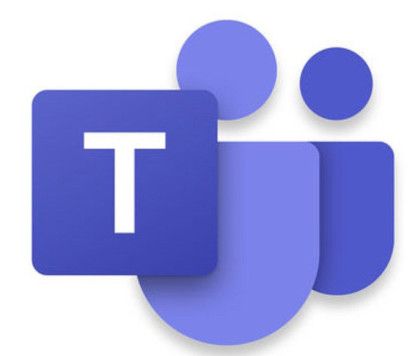It can be difficult to adjust to the new challenges that university brings. You might find that you have to learn more independently, work harder to understand the course material, or put extra hours in outside of lectures to complete assignments.
You’ll likely encounter new terminology, theories or writing styles. Keep in mind that academic English is no-one’s first language. We all had to learn it. It can be challenging at first, but there are several academic English courses and your tutors can help if you need it.
You can also get maths support through the Introductory Maths Catalogue. Maths is an integral part of most programmes we offer at Imperial, so the catalogue is designed to help you settle in and prepare for the maths that you are likely to encounter on your degree programme.
Whilst you’re studying here, remember that there is plenty of support and guidance available to help you along the way. If you are struggling, it’s okay to ask for support. Below you’ll find useful advice and links to help you manage your time, study more effectively, feel motivated in your studies and where to seek help when you need it.
Getting work done
The transition to Higher Education
The transition from school to university is an exciting experience, but it can be challenging at times too. You may feel some uncertainty as you find your place in a new academic community and encounter different forms of learning and teaching than what you may have experienced at school. All of these feelings are very normal.
Studying at university involves new freedoms, greater responsibility, and perhaps some surprises. One challenge that may be new to you is developing your identity as an independent student. During your studies, you’ll often be expected to work by yourself outside of lectures or tutorials. For instance, you may need to prepare prior to taught sessions (perhaps by completing pre-session work or readings) and to engage actively in your learning. At times, you might pursue opportunities to explore particular areas of interest beyond what is taught in the curriculum.
These responsibilities and challenges are all part of the process of becoming an independent and self-regulated learner. However, this doesn’t mean that you must achieve all of this alone. It’s important that you seek relevant support whenever you need it.
In fact, our research on the experience of high-achieving, non-traditional university students suggests that asking for support is not ‘reserved for those who are desperate or dependent’, but is actually a key attribute of an independent student. So in other words, it’s the smart thing to do.

